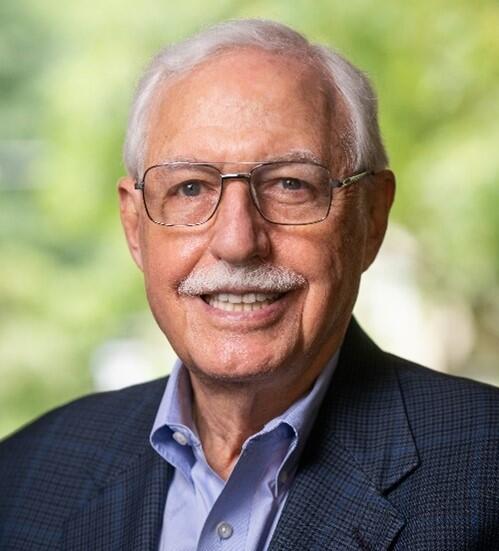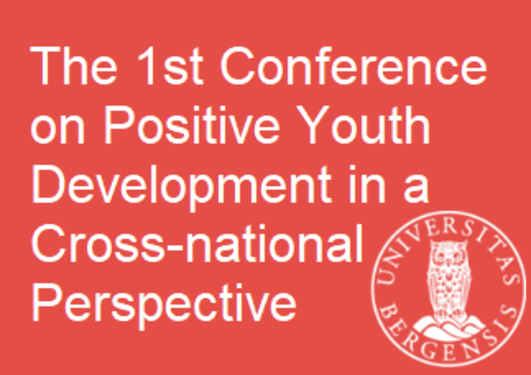Keynote speaker: Richard M. Lerner
Hovedinnhold
About Richard M. Lerner
Richard M. Lerner is the Bergstrom Chair in Applied Developmental Science and the Director of the Institute for Applied Research in Youth Development at Tufts University. A 1971 Ph.D. in developmental psychology from the City University of New York, Lerner has more than 750 scholarly publications, including more than 80 authored or edited books. He was the founding editor of the Journal of Research on Adolescence and of Applied Developmental Science. He was a 1980-81 fellow at the Center for Advanced Study in the Behavioral Sciences and is a fellow of the American Association for the Advancement of Science, the American Psychological Association (APA), and the Association for Psychological Science (APS). He is the 2013 recipient of the APA Division 7 Urie Bronfenbrenner Award for Lifetime Contribution to Developmental Psychology in the Service of Science and Society. He is also the 2014 recipient of the APA Gold Medal for Life Achievement in the Application of Psychology and the 2015 recipient of the APA Division 1 Ernest R. Hilgard Lifetime Achievement Award for distinguished career contributions to general psychology. He is also the 2016 recipient of the International Society for the Study of Behavioral Development (ISSBD) Award for the Applications of Behavioral Development Theory and Research, and of the 2017 Society for Research in Child Development (SRCD) Distinguished Contributions to Public Policy and Practice in Child Development Award. The APS named him the 2020 James McKeen Cattell Fellow Award winner for lifetime outstanding contributions to applied psychological research. In 2021, the Society for the Study of Human Development gave Lerner its Distinguished Lifetime Career Award. Lerner is known for his theoretical work on the mutually influential relations between individuals and their settings, as the fundamental basis of life-span human development, and for his use of this approach to developmental theory to describe, explain, and optimize the relations between adolescents and their peers, families, schools, and communities. His work integrates the study of family, school, and community-based programs in the promotion of positive youth development and youth contributions to civil society.
Abstract: Promoting Positive Youth Development Around the World: Models, Measures, and Making Contributions to Social Justice
Within contemporary developmental science, the study of positive youth development is framed by dynamic, relational developmental systems-based models. These models emphasize that relative plasticity and specificity (non-ergodicity and idiography) characterize dynamic relations between an individual and his/her context. A fundamental principle, one with which all developmental scientists agree, is that human development involves changes within specific people across their specific life spans. It may seem obvious, therefore, that any approach to studying youth development should involve detecting within-person changes. However, the paradox of developmental science is that most research has involved the study of cross-time relations among variables, and not within-person change: Data aggregated across people, and averages are then used to represent changes within a person (the individuals whose scores are used to compute averages). In short, developmental science is muddied with methods that do not align with theoretical understanding of development. Alternatively, and in order to take a developmental approach to studying development, current programmatic research conducted within the approach to measurement involved in the Science of Learning and Development (SoLD) Alliance is useful. This work uses person-specific measures, designs, and data analyses to focus first on the individual in order to describe, explain, and optimize development. Developmental theory and, specifically, models of positive youth development linked to methods that accurately capture development will be discussed, and initial empirical examples are presented. Emphasis is placed on the implications of person-specific theory and methodology for applying developmental science within researcherópractitionerócommunity collaborations to enhance the lives of all youth but, in particular, youth who have experienced adversity or trauma because of poverty, racism, and/or unjust disparities in educational, health, employment, and other life opportunities.

